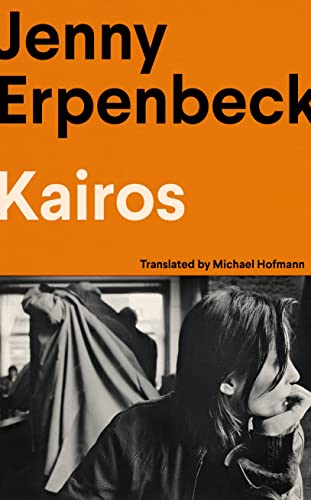While I was reading Dead Lands I kept on saying that the books plot reminded me of another novel and then it clicked. I’ll reveal that a bit later in the review.
The plot centres around the shooting of a young man. The rest of the book offers 13 different perspectives of the killing. The witnesses range from the victim’s family, both blood relatives and ones through marriage, and assorted villagers, namely the priest. In the process some secrets begin to emerge and the reader gets a wider picture of all the happenings.
If you guessed correctly, the plot gently echoes William Faulkner’s As I Lay Dying and this is not a cheap comparison, it is acknowledged in the author’s bio with the Faulkner novel being a pivotal book in the author’s life.
However this goes beyond just an event seen from different perspectives: Núria Bendicho presents a snapshot of village life; the secrets, hidden jealousies and disturbing actions. It’s a murder mystery disguised as a anthropological study. Dead Lands is an unforgettable read which proves that the supposedly community aspect of a village can unveil some pretty dark happenings.




























